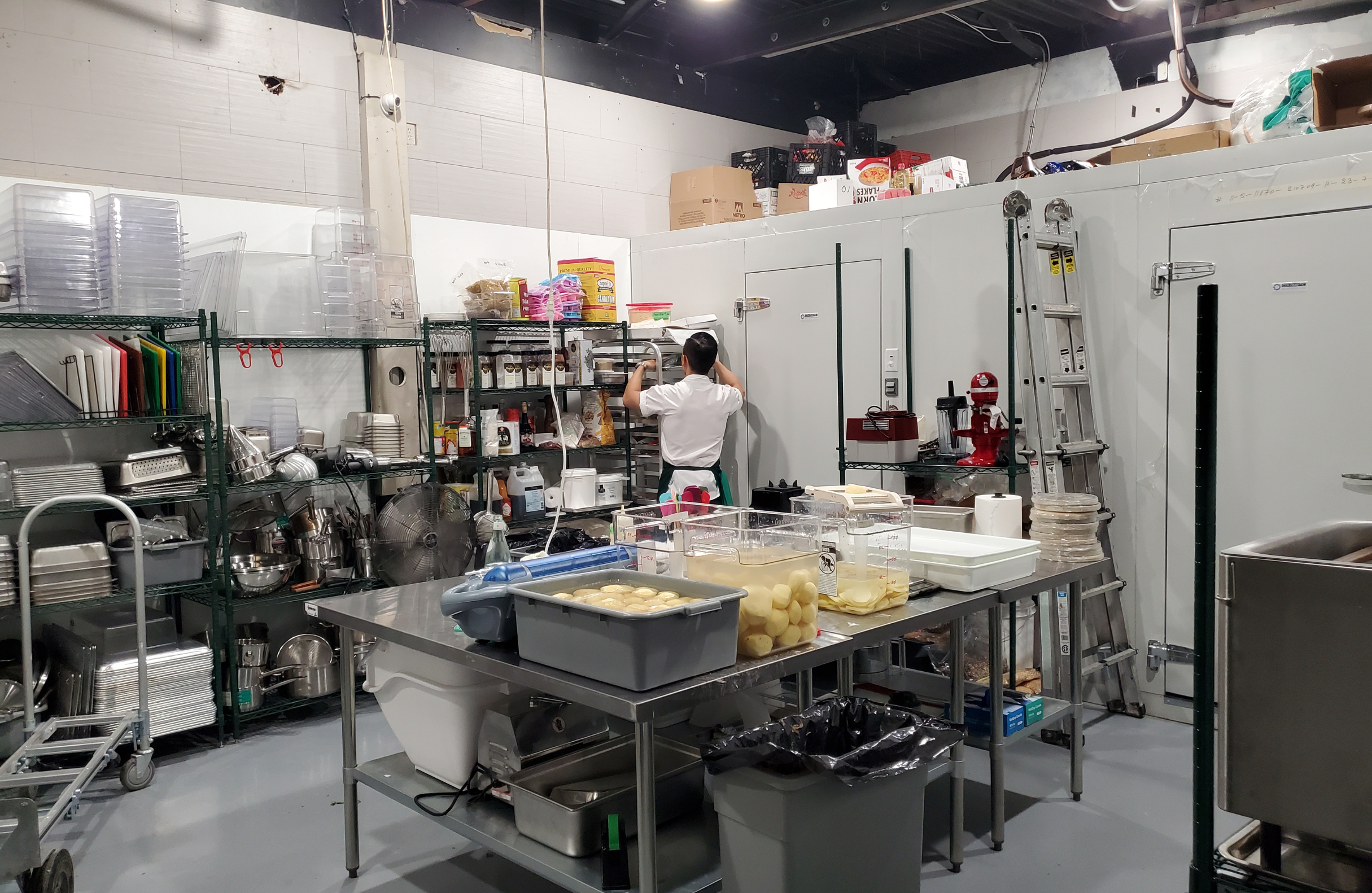
As a Chef or GM you may look around your commercial kitchen and realize things need changing. The sink is slightly leaking, the ovens are old and not very efficient, repair costs seem to be slowly climbing and you kind of just want to rip it all out and start fresh. However you don't have the budget right now for a complete overhaul, so you're kind of wondering what to do. Potentially, you could just replace one or two things but it doesn't fix the frustration of everything falling apart.
At SFI Hospitality, we may suggest a strategic, phased renovation approach. This method allows you to enhance your kitchen's functionality and efficiency without the financial strain of a full-scale remodel.
Why Consider a Phased Renovation?
Phased renovations offer two primary advantages:
- Minimized Downtime: Instead of halting kitchen operations for an extended period, a phased approach enables you to close off specific areas at different times. This approach ensures that the majority of your kitchen remains operational, allowing you to continue serving customers and generating revenue.
- Cost Distribution: Spreading the renovation over multiple phases allows you to allocate costs over time, making the financial burden more manageable. This approach also provides flexibility to adjust the scope of each phase based on evolving needs and budget considerations.
Implementing a Phased Renovation
To effectively plan a phased renovation, consider dividing your kitchen into key operational zones:
- Dish Pit: Upgrading this area can improve sanitation and efficiency, reducing labor costs and improving turnaround times.
- Cook Line: Modernizing cooking equipment can enhance energy efficiency and cooking speed, leading to better service and reduced energy bills.
- Prep Area: Optimizing this space can streamline workflows and reduce food waste, contributing to overall cost savings.
By addressing each zone individually, you can make targeted improvements that collectively elevate the kitchen's performance.
When a Phased Approach May Not Be Suitable
While phased renovations offer numerous benefits, there are scenarios where this approach may not be ideal:
- Comprehensive Structural Changes: If the renovation involves extensive modifications to floors, walls, or plumbing, executing these changes in phases may end up being more complex and costly.
- Seasonal Operations: For businesses like golf courses that operate seasonally, it might be more efficient to complete renovations during the off-season to minimize disruption.
Industry Insights
Research indicates that restaurants typically experience a 7-10% increase in revenue following a comprehensive kitchen renovation, with some establishments reporting gains of up to 20% when the renovation addresses specific operational bottlenecks D56 Construction.
Furthermore, phased renovations allow for adjustments based on real-time feedback, enabling you to make informed decisions that align with your operational goals and budget constraints.
Conclusion
A phased kitchen renovation offers a pragmatic solution for businesses looking to enhance their kitchen's efficiency and functionality without the financial strain of a full-scale remodel. By strategically planning each phase and focusing on critical areas, you can achieve significant improvements that contribute to long-term success.
If you're considering a phased renovation for your kitchen, SFI Hospitality is here to assist you in planning and executing a strategy that aligns with your goals and budget. Contact us today to learn more about how we can support your renovation journey.
